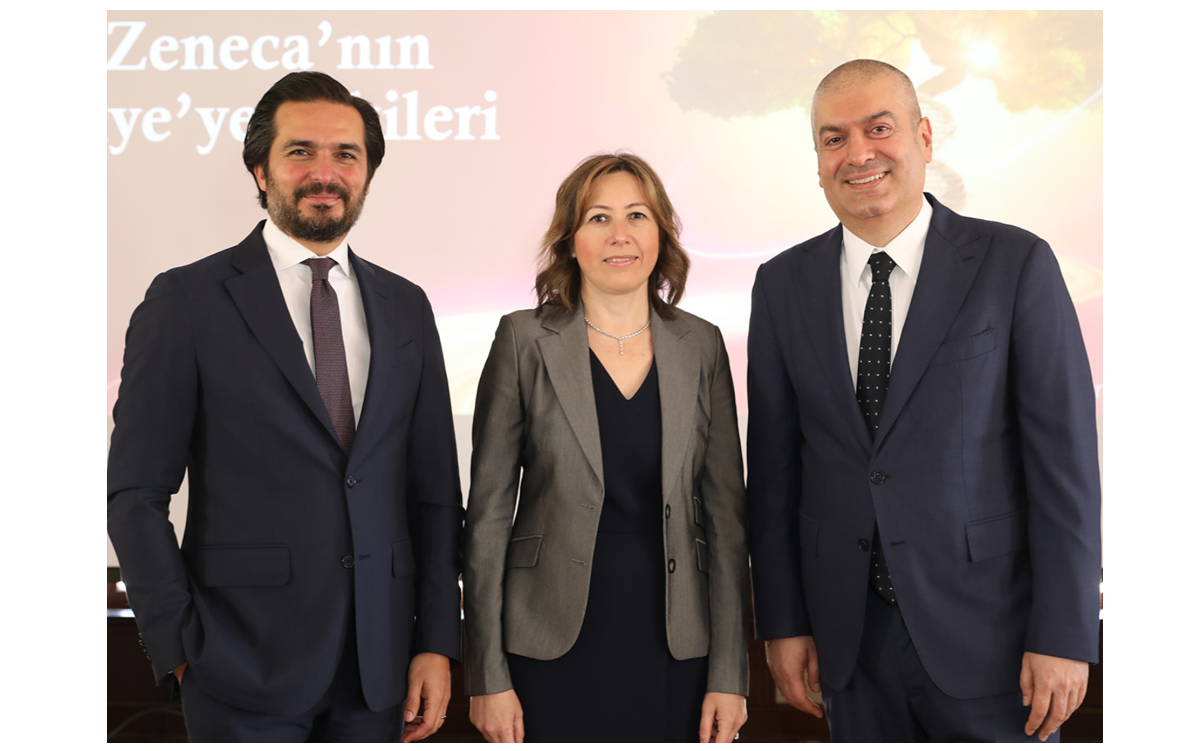On the 25th anniversary of the merger between Astra and Zeneca, AstraZeneca Türkiye shared a comprehensive report evaluating AstraZeneca’s economic and social impacts in Türkiye.
According to the “Impact of AstraZeneca on Türkiye” Report, the actual value of the company’s total GDP impact on Türkiye over 25 years, considering both indirect and induced effects, totals 195 billion TL, supporting an additional 11 jobs in the economy for every job provided.
Serkan Barış, Country President of AstraZeneca Türkiye, who underlined their perseverance in improving health outcomes globally and in Türkiye, said, “Türkiye is a crucial country within our global and regional structure. We are one of the largest international pharmaceutical companies in Türkiye. With over 500 employees, we provide services based on our treatment areas and have a presence in 29 geographical regions. We are not just a part of the healthcare ecosystem; we are a solution partner within this ecosystem. While enhancing health outcomes with our potent medications, we actively participate with stakeholders in developing healthcare service processes.”
Dr. Deniz Ertürk Erem, the Medical Director of AstraZeneca Türkiye, emphasized their belief that a healthier society and a sustainable healthcare system can be achieved through stakeholder collaboration. She said, “We support many initiatives in our country’s healthcare ecosystem that endorse innovative solutions, including universities and medical associations.” She added, “We collaborate with many centers across Türkiye to generate and support the production of real-life data to contribute to fields such as heart failure, chronic kidney disease, asthma, lung cancer, and more.”
Erdal Kiraz, the Director of Corporate Affairs at AstraZeneca Türkiye, highlighted that their efforts extend beyond drug development and healthcare service provision to addressing societal issues. He stated, “AstraZeneca’s work in the social impact domain includes focusing on areas such as improving access to healthcare, enhancing education, promoting health literacy, addressing societal needs in disasters and other emergencies, promoting diversity and inclusivity, and managing environmental impacts. Additionally, we work to facilitate access to primary healthcare services, raise awareness about public health, and expand activities such as screening.”




